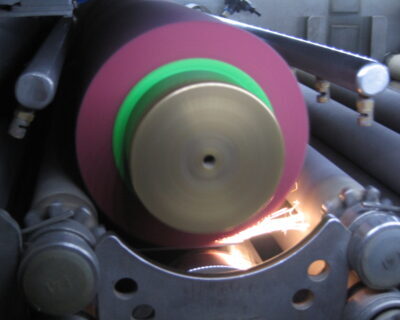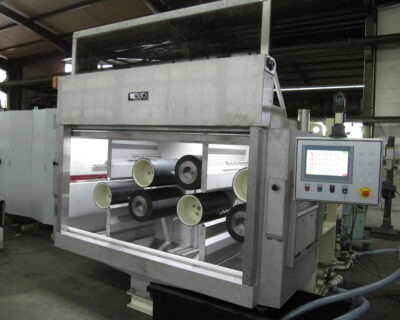Blog
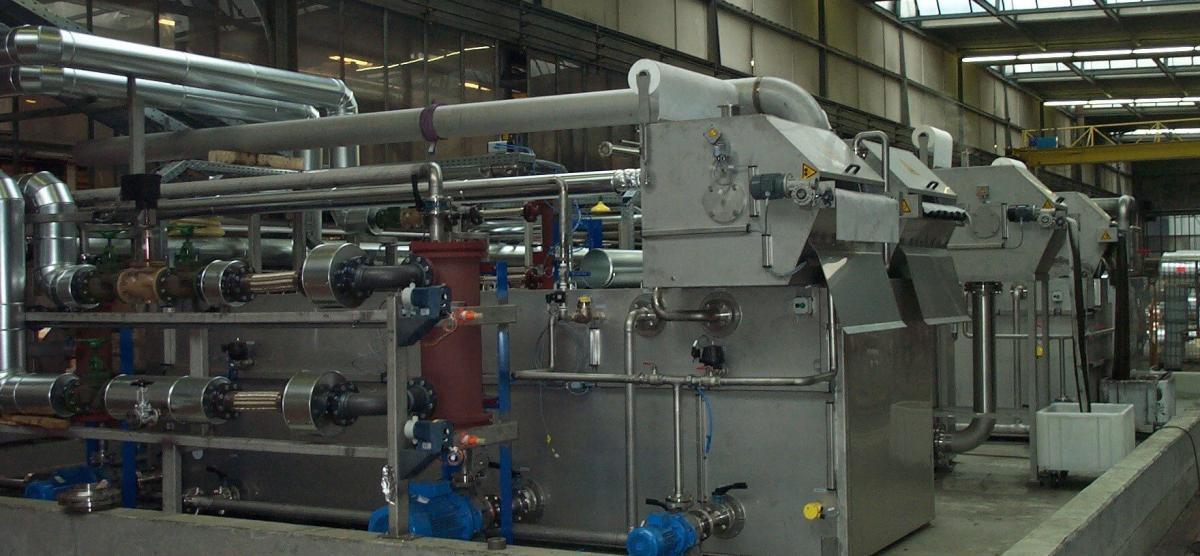
PROCESS OPTIMIZATION: FILTRATION SYSTEMS
Nearly every filtration system in metal strip producing lines show weak points that compromise effective filtration. As a result oil and iron fines are redeposited on the surface in closed-loop lines, alkali solutions, shorten process life due to premature media saturation.
We can be really good at getting the oil, iron fines, dirt, smut, etc. off the surface of the metal, and we also need to be good at keeping it off and out of the cleaning section process.
Most filtration systems operating today are aging:
- This leads to the short service life of cleaning media
- This leads to less quality surface cleanings by redepositing dirt, since most systems work in recirculation.
- This leads to maintenance-intensive and time-consuming operational costs.
APT’s filtration and media management systems offer:
- Lower operating cost
- Longer media bath life
- Better strip quality
- Easier and cost-effective waste disposal
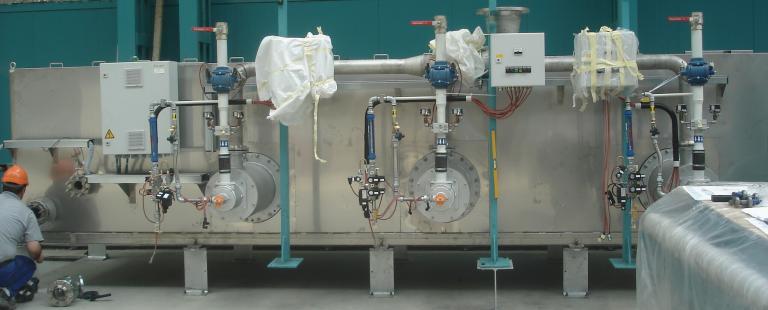
The tasks of the cleaning section, is the removal of rolling oils and iron fines from the strip surface.
Traditionally and still today, oil removal from the strip surface is done by using an alkali media.
At a minimum, a well-designed filtration system should filter out dirt, smut, and iron fines particles, separate. Further, it should operate the rolling oil from the cleaning media.
Today the improvement in the process is to utilize a high-pressure hot water pre-cleaner to remove upwards of 85% of oils from the strip surface.
Now removing oil and iron fines only becomes part of the task. The other major task is to keep oil and irons out of the cleaning section and the objective we are concerned with is a good filtration processing system and the ever-increasing environmental regulations.
Mechanical cleaning of the metal surface by means of brush machines utilizing abrasive and non-abrasive scrubber brushes, then focus on the removal of iron fines. Depending on the specification of cleanliness, the brush machines will operate in either a water or alkaline media solution.
Since nearly all of these functions above are done using water as a coolant for the brushes, that water has to be relatively clean before it can be absorbed/treated by a municipal water treatment system.
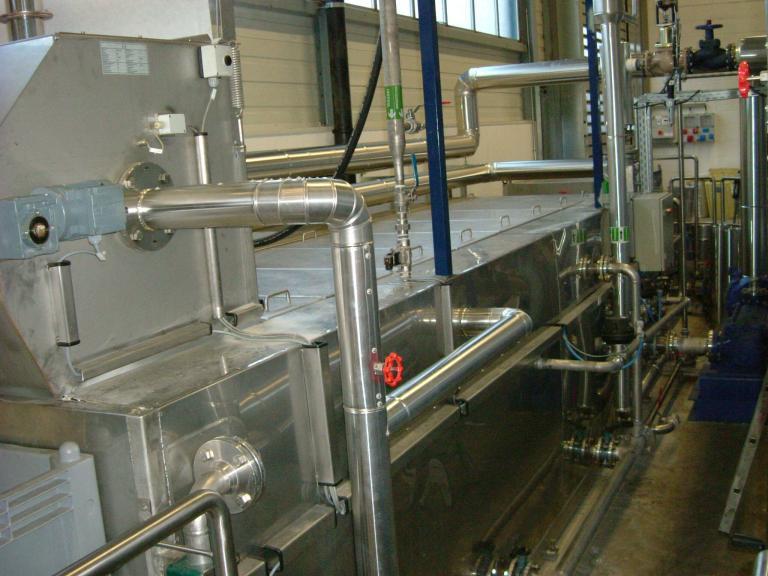
Therefore, we provide filtration systems, de-oiling systems, to remove the debris from the effluent, and in the case of oil, separate the oil from the water.
It may be noted that a number of alternative filtration systems can be assembled using different techniques to meet specific requirements and be compliant to local ordinances.
All of the devices mentioned are available as individual modules that can be inserted into existing cleaning lines.
- High pressure-hot water (HWHP) pre-cleaner (degreasing) unit
- Alkali spray or dunk units
- Wash section machines – operating with cold water
- Engineered bristle brushes,
- High pressure-hot water (HWHP) rinse units – to eliminate cascade tanks
- Dryers – operating without external heat energy
- Entry and exit wringer/squeegee roll stands – with quick-change design
- Drip pans or tunnel sections.
APT has equipment located in Europe, near & far east, and thus particularly in areas with increasing environmental regulations requiring the treatment of effluent, we have been designing and building environmentally friendly systems for quite some time.
APT has built cleaning section process equipment for flat strip and sheet metal producers for over 60 years. All of our equipment is built in Germany, to our customer’s specifications.
We also manufacture engineered wide face non-woven abrasive brushes & bristle filament scrubber brushes that increase the brush life and the cleaning performance of the mechanical strip cleaning.
Because we build both the machines and the tools, we have a complete understanding of the process, and that is what our customers are looking for.
- Not a machine, not a brush, but the process.
- Dirty metal in, clean metal out, from the first mile to last foot.
Be Well, Be Safe, and Be Productive!
Sincerely,
David Thiemann

